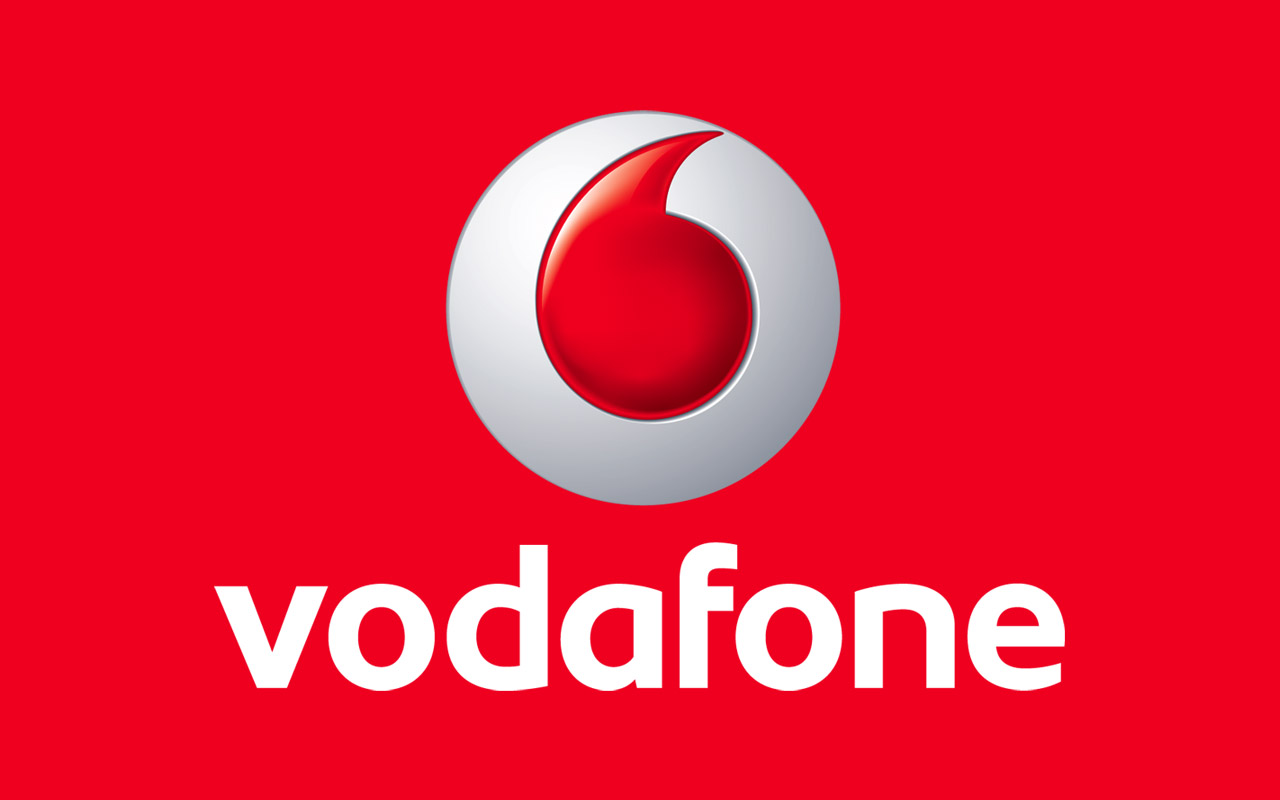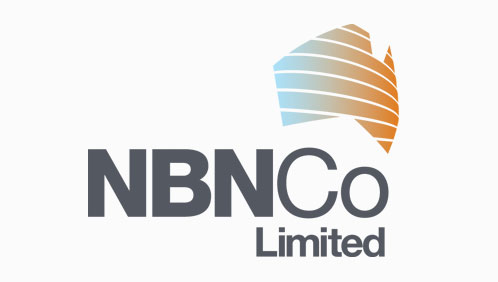- Vodafone will offer fixed line fibre connections under the NBN
- Vodafone warns about making sure the market is competitive
- Mobile broadband may improve once NBN takes the strain off it
The NBN has given Vodafone (1300 106 571) the chance to move into the fixed-line broadband market, the company announced today at a parliamentary committee.
Vodafone, long known for their great value mobile plans and mobile broadband services, praised the NBN for the way it has opened up room for competition amongst Internet Service Providers (ISPs) in Australia.


Matthew Lobb, Vodafone's general manager of public policy, said: "Globally, Vodafone is quite an active fixed line player... but Australia has not been an attractive fixed line market because of Telstra's 70% market share and vertical integration. Recent reforms and the NBN have changed our thinking."
With the stranglehold Telstra has over the market and over wholesale prices gone, other ISPs will feel free to compete to get the best prices and plans to customers. In addition to that, the NBN will mean access to rural and remote areas of Australia where previously only Telstra or mobile broadband had been available. This means that even Telstra, if they want to still be an option amongst other, cheaper ISPs, will have to lower their prices in order to stay afloat, and the Australian consumer should see a lot more choice and diversity in their broadband options. It will be a hefty budget downgrade, as well!
Matthew Lobb stressed the need for Australians to be aware of the new choice that would be available. He said: "There needs to be a pro competition plan. Saying nothing will change is a missed opportunity. NBNCo should promote new entrants."
Lobb warned against Telstra keeping their hold on rural Australia just by virtue of brand dominance: "They are going to be a formidable competitor, and what we want to make sure is that competition is undertaken fairly. One of the messages is: make informed choices, don't just consider your current supplier. It's not just more of the same – migrate across to fibre but think about new entrants."
Hopefully, the NBN will address many misconceptions around broadband speed and reliability that we hear every day at Compare Broadband.
Many customers think that the only explanation for Telstra's inflated prices is that they somehow provide better service on a fixed line than other ISPs. Generally, though, the main determining factor for the speed and reliability of an ADSL2+ connection at any house is about the distance from your telephone exchange and the quality of your copper line. No matter which provider you go with, these two factors aren't going to change - generally, we recommend that you make your decision about which provider to sign up with based on price and customer service.
This confusion isn't helped by the different technology behind mobile broadband. A customer might decide that Company X were terrible, with lots of drop outs and incredibly slow loading times, when they were using them as mobile broadband (that USB stick that you plug into your computer). However, mobile broadband uses totally different technology to the ADSL2+ or fibre optic connections that will be provided via the NBN or that can be provided now.
Mobile wireless broadband doesn't rely on the stability of a fixed line connection. Instead, it uses mobile phone towers to find a signal and then broadcasts that to your computer. As a result, just like when you're using a mobile phone, sometimes the internet will work really well – and at other times, it will work really, really badly. It sounds confusing – and don't even get us started on wireless vs. WiFi! – but the basic thing to understand is that your speed and the strength of your connection with an ADSL2+ fixed line connection will usually be pretty constant, no matter which provider you go with.
Lobb supported this idea further, pointing out how flawed the argument that the NBN isn't important "because consumers love mobile tech, they don't like wires". Ironically, he argued that mobile broadband speeds would pick up once more options were available in areas where mobile broadband is dominant, because "if you can take traffic out of the mobile network you increase the speed", insisting that "getting fixed line right is absolutely crucial for mobile networks."
Ultimately, according to Lobb and Vodafone, the NBN is going to be great for both fixed line and mobile broadband connections. He asked customers to "watch this space" for the Vodafone bundle, hinting that a fixed line connection would be all that was needed to complete a Vodafone-happy household.


